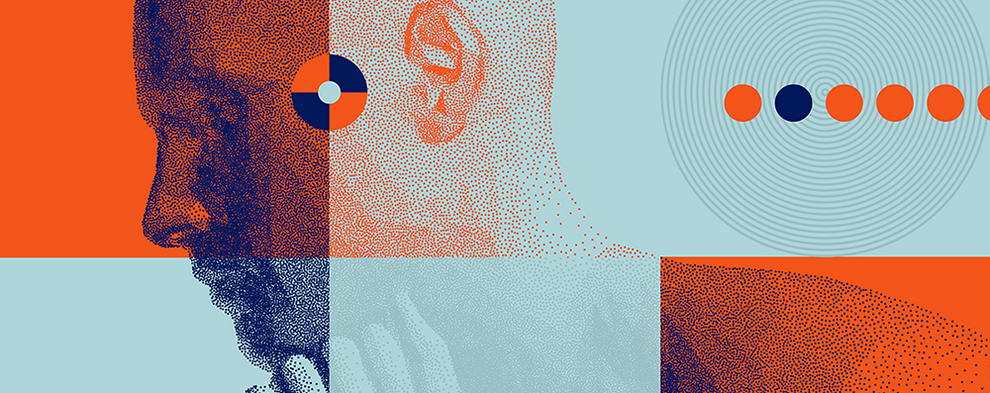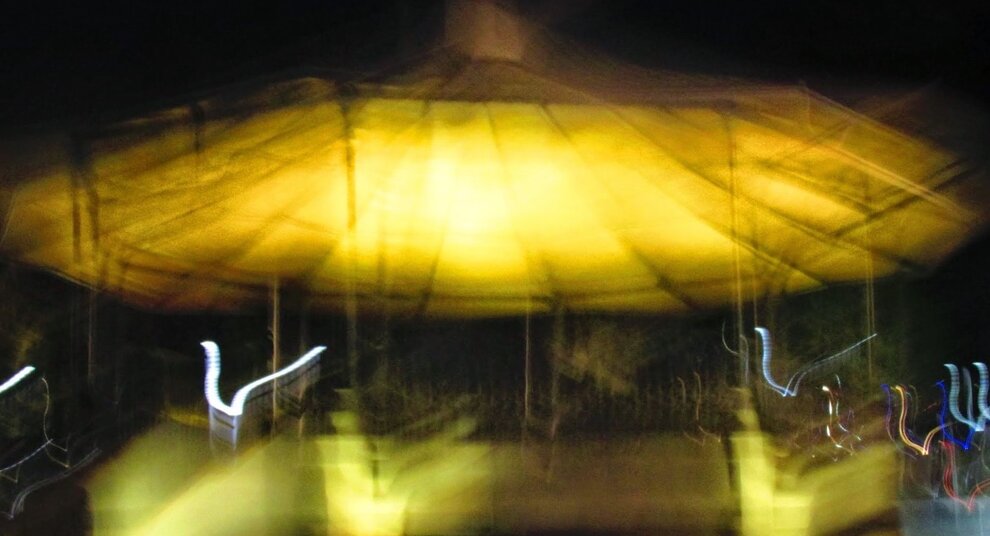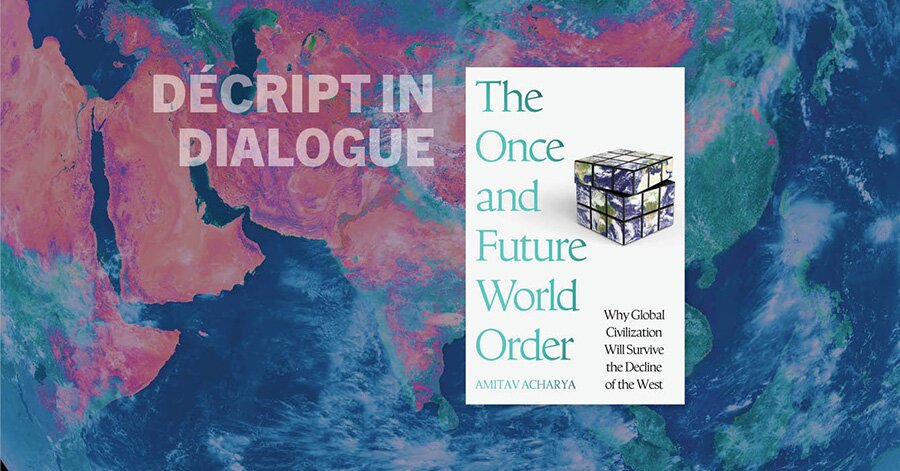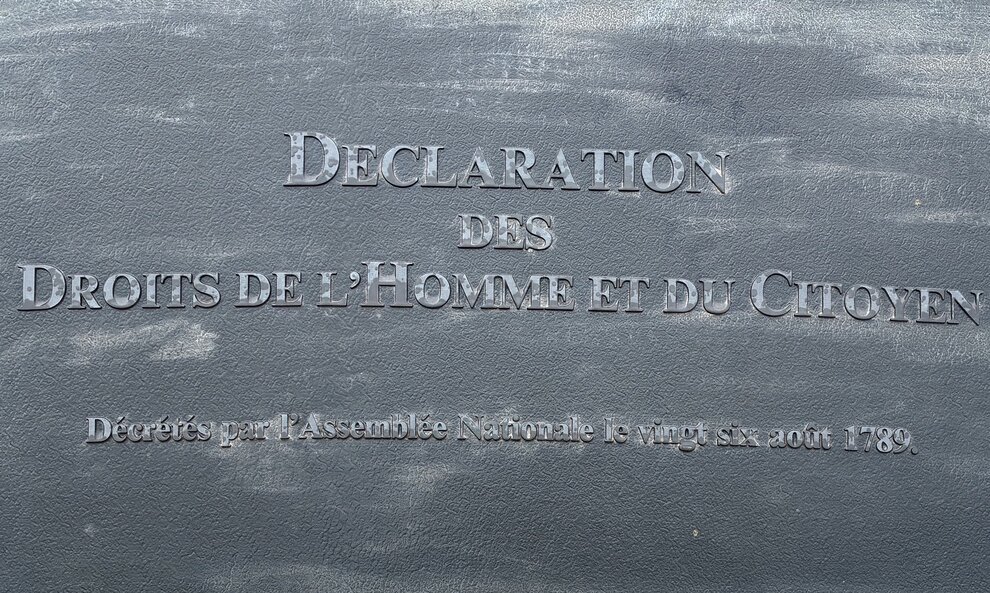The Temptation of Luxury

In a modern world marked by instrumental rationality, the fascination with luxury remains the same, especially among those who get rich in sectors dominated by economic parameters. However, luxury manages to escape the cold logic of economy: it cannot be reduced to pure market value, as it bears the mark of excess and expenditure. The issue of luxury in anthropology was raised specifically with reference to the symbolic consistence of the precious commodities, and to the patterns that regulate their the circulation and appropriation. During a previous workshop, we addressed the question of precious commodities and how they crystallized value. We focused on the object, and the ways in which it is embedded into a particular story and into forms of sacredness or exchange circuits.
In the capitalist world, it seems appropriate to privilege the commodification or fetishization of luxury items. Luxury markets are structured around large conglomerates, and this has had a lasting impact on how the field is shaped. The trading devices that are currently implemented, as well as the mediatization and digitization through blogs and online sales systems, have contributed to desacralizing the image of luxury. Luxury is made visible everywhere, in public spaces, shopping malls, airports, even in the metro, to a public that for the most part does not have access to it. In countries where austerity was imposed for a long time, luxury has resurfaced and has generated a craze whose measure is given by the accelerated trajectories of enrichment that can be observed especially in the former communist countries, starting with Russia and China.
This general context has had the effect of inducing a perception of luxury focused primarily on the object, and which in turn reduces the subject to the role of consumer. However, the relation to luxury deserves to be considered in all its complexity: in order to do so, it is worth shifting the focus and privileging the point of view of the subject who carries desires and fantasies, and for whom the meaning of luxury resides in the dream associated with the object. Hence the idea of taking seriously the temptation of luxury. Temptation, as the dictionary tells us, is ‘‘what encourages action by awakening desire’’. Another definition: ‘‘impulse that drives towards sin and evil’’. Temptation indeed carries with it the stigma of transgression. One ‘‘succumbs’’ to temptation: that is to say that things can go wrong.
It is the subversive side of luxury that is emphasized here. Luxury, lust: the association has been made not only by the Christian tradition but also by the communist vulgate. Nevertheless, temptation as such has not been eradicated, and it has resurfaced, alive and well, with the triumph of the market economy. The fact that everyone can be tempted by luxury also means that the correlation between luxury and wealth is not necessarily relevant. Everyone carries with him or herself a desire for luxury that is not necessarily indexable at the price of a commodity. What feeds temptation is rather the anticipation of spending, of tearing away from the immediate constraints of everyday life, as well as the possibility of emancipating oneself from the weight of one's own history and from binding social determinants. Luxury, thus, becomes a mode of affirmation for the subject, and it is particularly appreciated in those countries that have suffered the rigors of austerity.
Does the temptation of luxury have cathartic virtues? Is it, conversely, a pathology of the neoliberal model of globalization? This is also one of the questions that we want to raise in this round table, which will bring together anthropologists, media scholars, psychoanalysts, and sociologists. Beyond the figures and usual stereotypes that too often flatten its anthropological dimension, we will try to analyze - through different fields and experiences - the processes that allow to better understand the relationship of subjects to luxury, the subtle dialectic of attraction and repulsion, and also the recurrence of images and styles that help to define a common world of contemporary luxury.
Workshop organised by Marc Abélès (EHESS-CNRS-Collège d'études mondiales) and Lynda Dematteo (CNRS) within the Luxury in the age of globalisation Chair.
Speakers
| Marc Abélès (EHESS-CNRS-Collège d'études mondiales)
Préférence, influence: le monde enchanté des it girls
| Djurdja Bartlett (London College of Fashion de l'University of Arts de Londres)
Politics of Luxury: The Burdens of Culture and Ideology in Sartorial Exchanges
| Catherine Becker (CELSA)
La tentation du luxe en Chine: moteur ou limites du système ?
| Valerio Coladonato (The American University of Paris)
Luxe et séduction des classes populaires : Eva Perón, Lady Diana, Beyoncé
| Lynda Dematteo (CNRS)
François Fillon, Arnys et le diable en anthropologie
| Sara Guindani (Université Paris 8, FMSH)
Le luxe, une pathologie de la limite ?
| Thierry Paquot (Institut d’urbanisme de Paris)
Le luxe, compatible avec l’écologie ?
| Nick Rees-Roberts (Université Sorbonne Nouvelle Paris 3)
Fashion Film and the Luxury Economy
| Boris Petric (Centre Norbert Elias)
Désir et peur sur les vins français: ethnographie d’une marchandise de luxe
| Jacqueline Tsai (Université Paris-Sorbonne)
Workshop
Tuesday, February 12th
9:30am - 6pm
Room A3-35
FMSH | 54, bd Raspail, Paris 6
Free entrance
Presentation in French

The Subject and the Human Sciences in the Face of Artificial Intelligence

Some Artistic Practices in the Work of Sophie Calle

DÉCRIPT in dialogue | The Once and Future World Order


